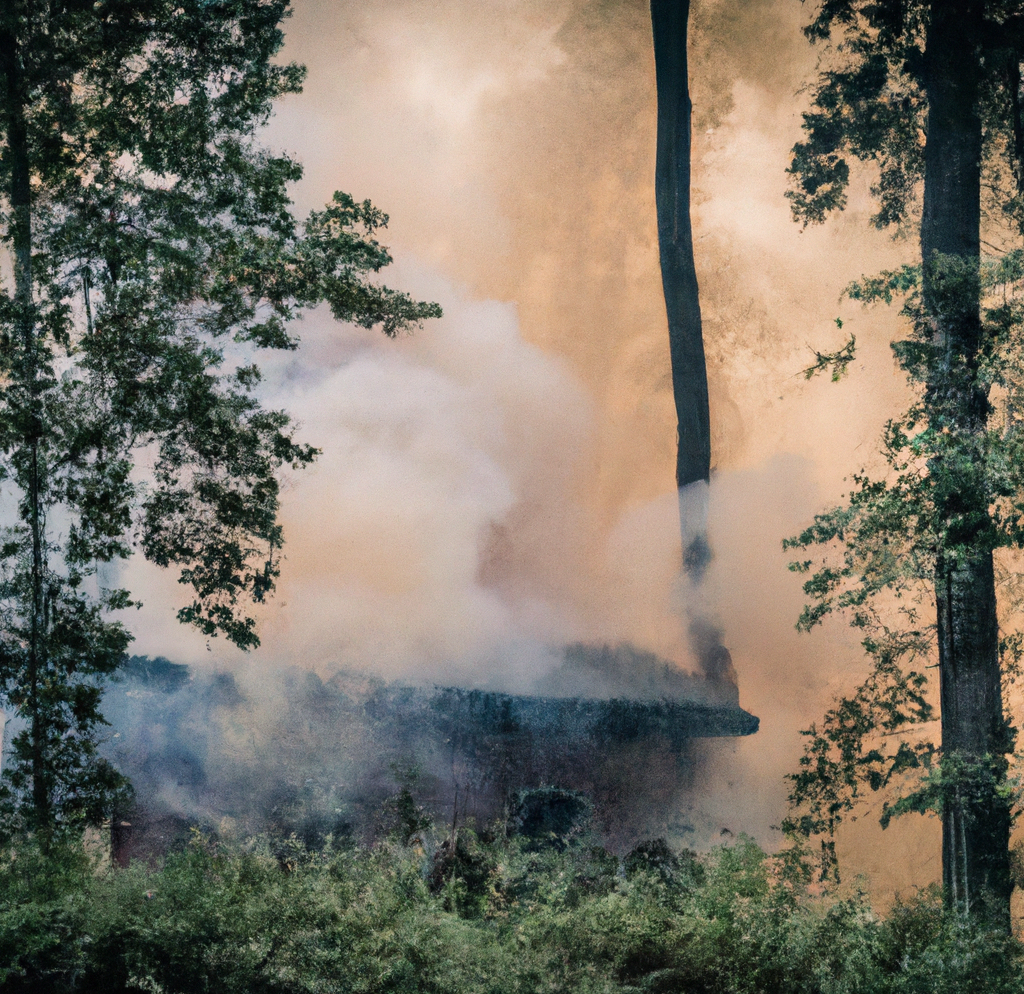Char and cinder,
the land lies burned,
reduced to drifting smoke –
a spectral shroud
of wandering wraiths
that cannot rest.
Into homes they steal,
on soot-stained feet,
unwanted guests
who bear
the searing heat.
Embers bide and cling
to walls,
to floors,
to lives.
For days they hide,
their acrid touch,
their smoky heart
still beating;
though flames have fled
shadows persist,
unwanted ghosts
remain at dawn.
Throw wide the doors,
let gusts rush through,
exorcise the spectres
and rinse clean the
smouldering memories
from all
they have
consumed.
This poem is inspired by recent research, which has found that wildfire smoke may linger in homes long after the initial blaze.
In recent years, the world has witnessed a troubling increase in the frequency and intensity of wildfires. This alarming trend has prompted widespread concerns, not only due to the immediate threat these fires pose to lives, property, and the natural environment but also because of the secondary consequences they bring. One of the most concerning aspects of wildfires is the dispersion of smoke, which can penetrate indoor environments, creating a host of health and environmental challenges. When smoke from a fire enters a house, it brings with it a mix of chemicals known as volatile organic compounds (VOCs). These VOCs can stick around indoors for quite some time, which can be a health concern.
This study found that these VOCs tend to hang around indoors for days after smoke has entered a house. There are two important timeframes to consider. The first one, lasting from 1.0 to 5.2 hours, represents the time it takes for these compounds to reach a balance between sticking to surfaces and coming back into the air. The second timeframe, ranging from 4.8 to 21.2 hours, is when the ventilation in the house starts to have more control over the concentration of these compounds than the sticking-and-releasing process. Interestingly, the study found that cleaning activities like vacuuming, mopping, and dusting were better at reducing indoor VOC levels from smoke than using air purifiers or opening windows. Plus, their effects lasted longer.
Discover more from The Poetry of Science
Subscribe to get the latest posts sent to your email.
